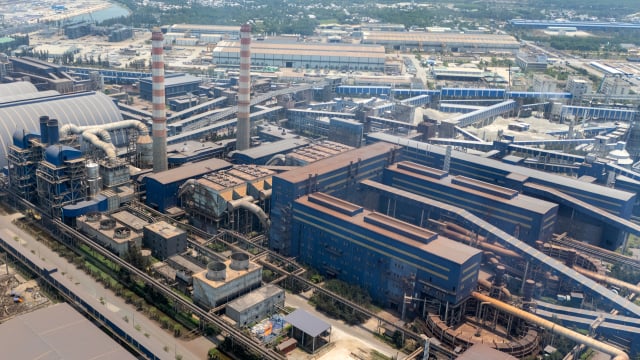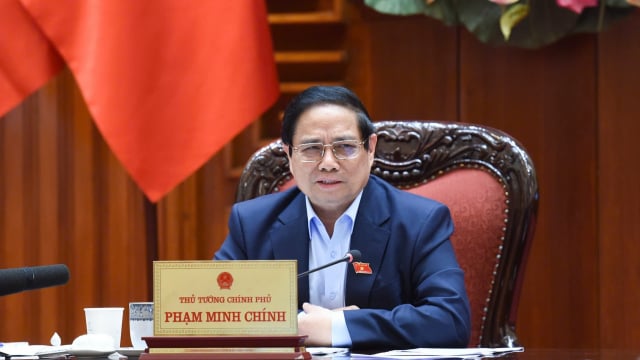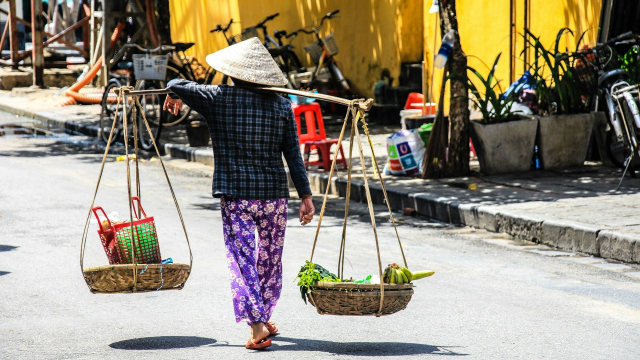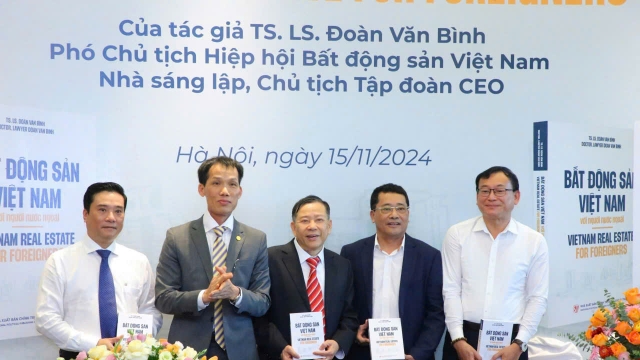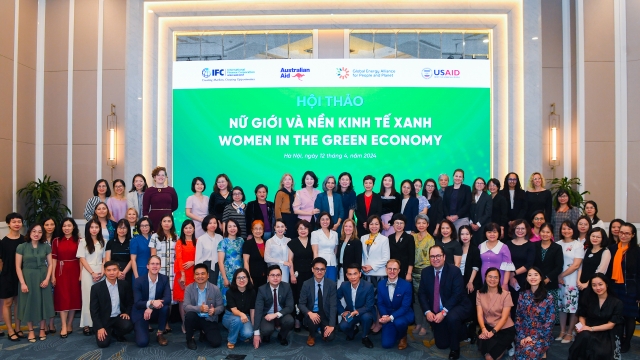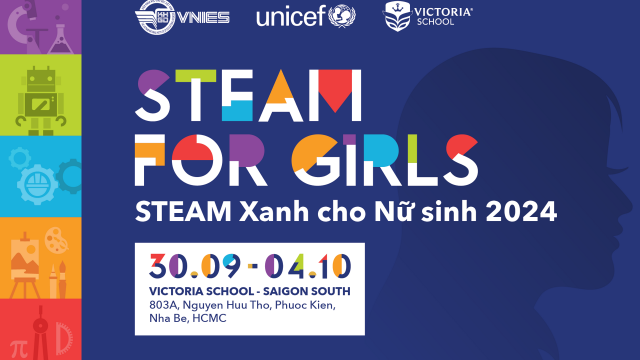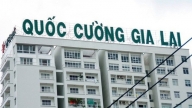2022 marks the first year the revised Law on Environmental Protection (LEP) 2020 came into effect, and also the first year Vietnam has lots of drastic actions to realise its commitments to bring net emissions to zero at COP26.
Taking effect in January 2022, LEP 2020 highlights the responsibilities of ministries and localities to integrate circular economy in planning strategies, development plans, waste management, and waste recycling.
It introduces the concept of circular economy through fostering extended producer responsibility (EPR) policy, highlighting the responsibility of producers and importers to recycle products and packaging.
Specifically, the law requires that domestic solid wastes must be sorted into reusable or recyclable solid wastes, food wastes, and other solid domestic wastes.
Encouraging plastic recycling in businesses is expected to mobilize increased private sector investment to help address plastic pollution, while supporting key industries such as tourism, shipping, and fisheries.
In fact, private businesses in Vietnam have taken positive and strong actions to increase sustainable values for the environment in recent years.
In 2019, nine leading FDI and Vietnamese companies having high prestige from consumer goods, packaging, retail, and import industries, jointly established Packaging Recycling Organization Vietnam (PRO Vietnam). It is considered to be the primitive form of an industry-level EPR enforcement organization.
Its aspiration and vision are that all of the products produced and distributed in Vietnam by their members will be completely recycled and restored in Vietnam by 2030
PRO Vietnam is set to achieve this objective by enhancing public awareness and accessibility to recycling in Vietnam, working in public venues, increasing the number of collecting points, improving the collecting process, as well as ensuring recycling capacity to readily process what have been consumed.
All of these measures will help reduce waste, bring a post-consumed second life to packages, and create more employment opportunities at the same time.
The fundamental principal of PRO Vietnam is that the member should work together toward a common goal on recycling to achieve expedited results compare with individual’s effort.
Some sustainable business models based on the principle of circulation have been built, namely Minh Tien's coffee farming and production or Heneiken's "win-win" cooperation.
For example, every by-product at each stage of Minh Tien’s production will be repurposed and recycled as materials for later productions of other products in its ecosystem, maximizing the value of the coffee tree.
There are five stages to its closed-loop production cycle, starting with the harvesting of green coffee beans which are then exported as raw coffee beans, or processed into roasted ground coffee or instant coffee.
In addition to circular economy, reduce greenhouse gas emissions is also a goal that many businesses are aiming at.
For example, VinFast, a member of the largest private corporation in Vietnam Vingroup, announced to halt production of petrol-powered vehicles after the last batch of Lux and Fadil models were ordered by customers.
It will focus research and development efforts on all-electric powertrains for their vehicles. This bold move makes VinFast one of the world’s first automotive companies to completely switch to pure electric, affirming its position as a leader in the global EV revolution.
















